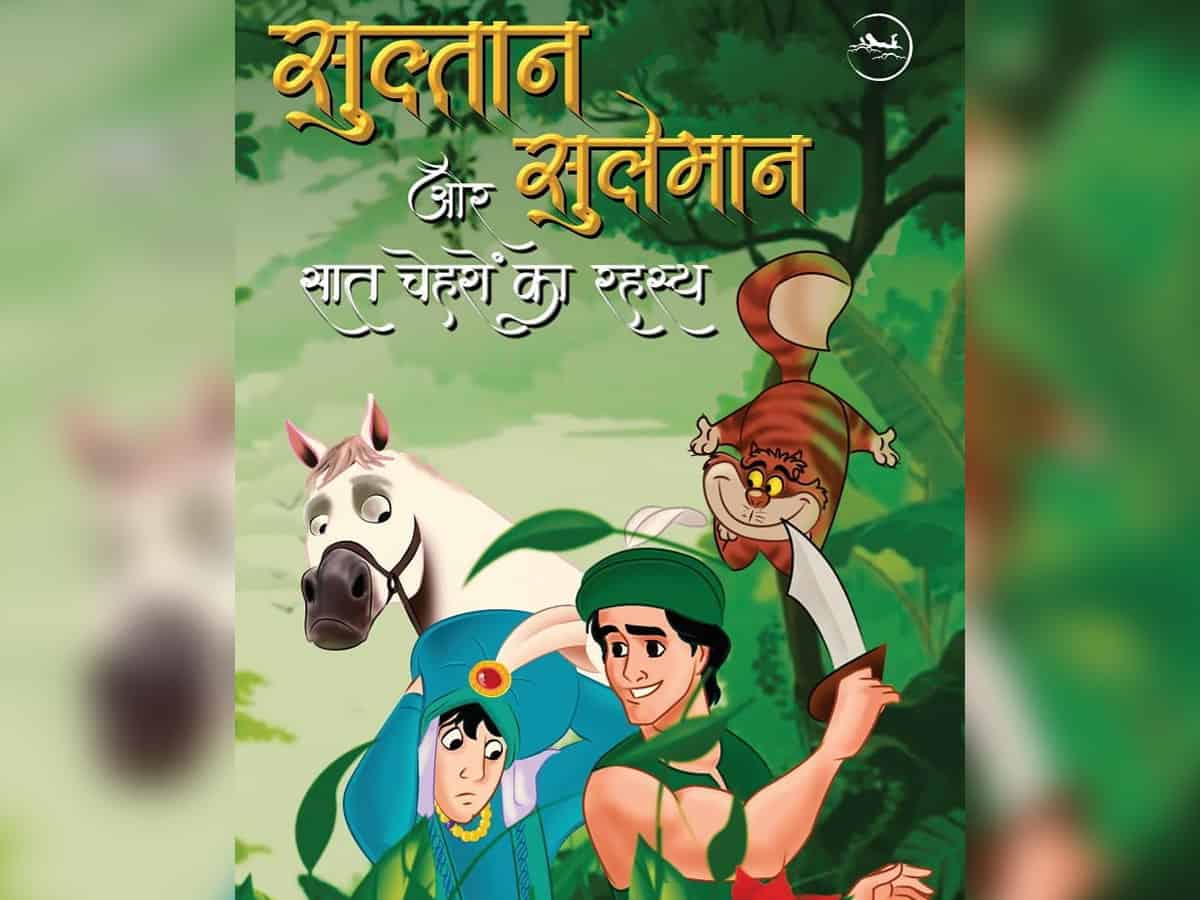
It looks incredible that at a time when citizens across the globe have turned netizens and reading has become skimpy, one comes across dog-eared books stained through rereading. It is the world of JK Rowling (Harry Porter), Jeff Kinney (Wimpy series), CS Lewis(the Chronicles of Naria), Marry Pope Osborne (Magic Tree House) and some other equally famous authors whose books for children and young adults that hold out new hope for the publishing industry that has seemingly moved to the nethermost.
It is not confined to the above-mentioned English authors; there are a couple of celebrated writers in the vernacular whose books are cherished by young readers.
The celebrated Hindi author and poet Dr Manjari Shukla’s fast-paced, exciting and horizon-expanding narrative has made her a top-out author for youngsters. She has published scores of stories and novels for teeny boppers navigating through compassion, hope, loss, miracles, the power of magic and friendship, and one wishes this universe is real.
Manjri blends magic with reality and human predicament in an accessible, engaging, entertaining idiom. Through the sensitive depiction of magical creatures and human adventures for looking out for others, she tries to provide life lessons without being too preachy or excessively righteous. Stories drawing heavily on magic and fairy tales are often regarded as formulaic and devoid of literary aesthetics, but her latest novel, Sultan aur Sulaiman: Saat Cheron Ka Rahesya (Sultan Aur Sulaiman: Mystery of Seven Faces), navigates the multilayered struggle for salvaging human dignity and fulfilling self-actualization needs in terms of helping those who desperately need extrication.
The reflective narrative externalizes a prince’s prowl after mighty magical creatures who get at seven spitting images of the hero Sultan. The novel is not a retelling of familiar tales of princes; it offers new twists and perspectives on a conventional belief that affirms that seven identical faces string along each human being, though they remain unknown to each other. The prince of the country, “Enjeer”, Sultan’ in a moment of epiphany, has a clear vision of all of his self-same mired in deep trouble. Sutan shared his dream with his most trusted friend Suliman, “Last night, all my mirror images came into view facing the disastrous predicament and desperately seeking my intervention.” What you said, are they seeking your help?” Sulaiman asked with a marked sense of surprise. “Yes, Sulaiman”. Is it astonishing? Isn’t it? “Yes, it is; let Sulaiman tell one thing. Does the idea of meeting yourself pop up in your mind?”. The idea of self-discovery and rescuing unknown persons living in alien lands does not go well with Sulaiman; initially, he mocks it. However, Sultan remains dead set on it and replies, “I am not cutting jokes. I am on the way to liberate all my twins; if you do not want to believe me, let it be so.”
Sultan’s determination vanished the reluctance, and Sulaiman decided to accompany him.
Since all seven persons resembling Sultan were first lured and then incarcerated by the magicians, one has to trounce the supernatural powers. It can only be achieved through magical creatures’ frequent and direct intervention. Here, Sulamain’s maternal uncle, a proficient magician, provided much-needed theurgic assistance in the form of a talismanic cat and some other sorcerous gadgets. Armed with these miraculous accessories and an abiding concern for others, Sultan has put forth unrelenting efforts. His struggle, steeped in human grit dotted with several hiccups, bore fruits. Sultan and Sulaiman, endowed with indomitable courage, wipe out the ever-expanding miasma of evil-filled magic and the otherworldly powers gifted by Suliman’s maternal uncle mow down mighty diabolic forces.All seven liberated were rulers, and they assembled Enjeer Desh to join Sultan’s coronation ceremony. Amidst the celebration, the defeated princes of darkness roll over again, and Manjri prepares her readers for another fascinating read.
The novel, centring around the tantalizing odyssey of the Sultan and his companion, is not a run-of-the-mill magic-filled adventure book as it has much more to offer. Since these sorts of books implicitly shape the minds of young readers, Manjiri Shukla perceptively pegged her novel on human compassion, which has been dwindling in the contemporary fragmented world. The prince undertook the arduous task of helping others, abandoning his luxurious lifestyle. She quite adroitly does not equate magic with religious ritual and practice as in her books, despite being a supernatural phenomenon, does not draw any religious text. The selection of Muslim characters and depiction of their commitment to humanness is worth admiring, especially at a time when the communal cauldron is kept simmering. The book deserves accolades as it roots in a sensuous and engaging read.
Shafey Kidwai, a prominent bilingual critic, is a professor of mass communication at Aligarh Muslim University.



